Female community health volunteers feel neglected
Mangala BK of Mangalsen Municipality-5 in Achham has been working as a female community health volunteer for the past 28 years. Her journey as a health worker has been fraught with challenges such as paltry pay and caste-based discrimination.
“The opportunity to become a community health volunteer came to me by chance,” said Mangala. “Around two decades ago, health workers from the so-called higher caste did not want to visit Dalit households. So the people from my community supported me to become a community health worker so that Dalits would not be left out of health care.”
“When I first started, I was assigned to visit non-Dalit households but most people stopped me from entering their homes,” said BK. “I have faced public humiliation and have also fallen victim to violence because of my caste. But I persevered.”
Mangala describes her initial days in the healthcare field as stressful but over the years she has won accolades for her work in the rural health sector in Achham.
“Mangala has helped many people who were in need of medical assistance and advice. She has carried many sick and pregnant women to the hospital several times. Mangala is a boon for the people in her community and outside,” said Ganga Bista, a resident of Mangalsen-5.
“Ten years ago, I had a difficult pregnancy and Mangala was there to help me and take me to the district hospital for safe delivery,” said Bista.
Female community health volunteers like Mangala have long been demanding the government for competitive salaries and allowances but the concerned authorities have shrugged off their demands.
Female community health volunteers like Mangala have long been demanding the government for competitive salaries and allowances but the concerned authorities have shrugged off their demands.
The allowance for female community health volunteers is issued by the federal government through the local units. They receive an annual allowance of Rs 10,000 for uniforms and Rs 12,000 for transportation expenses and are given Rs 400 for any meetings or programmes they attend.
But the incentives they receive from the state are not enough, health workers say.
Female community health volunteers have been the backbone of rural healthcare in the country for several decades now. They have actively participated in almost all health programmes conducted by the government in rural areas.
From sensitising the rural population about the importance of the use of contraceptives such as condoms and birth control pills to advocating for prenatal and postnatal health checkups, the female community health volunteers have played a major role in stemming population growth and saving women from pregnancy-related complications.
Mathura Dhungana, also a health volunteer, says female health volunteers have a major role to play in the health care of rural villagers, especially women.
“We act as a conduit for pregnant women to reach their full term and for safe delivery,” said Dhungana. “The villagers are still bound to superstitions and expecting mothers are afraid that their families will take them to witch doctors instead of a medical doctor. Therefore, our job is not only limited to providing medical services to patients but also to raise awareness among the villagers about the importance of regular health checkups.”
According to Dhungana, until a few decades ago, high infant mortality rate was a major issue in the villages. But the presence of female community health volunteers in rural areas has helped decrease the infant mortality rate.
“Since most women opted for home births in the past, complications such as premature birth and low birth weight in babies caused infant deaths. But now pregnant women are aware of the availability of maternity services through us or from a health post,” she said.
Nepal successfully reduced the maternal mortality rate from 539 in 1996 to 239 in 2016—for which the country received the Millennium Development Goal award. This achievement would not have been possible if not for the hard work of the female community health volunteers.
Another health volunteer Amrita Aauji, who is also a health volunteer, says she has been conducting training and workshops for local women on safe maternity services, especially the use of umbilical cord ointment, fetal foot measurements and the importance of feeding breast milk to newborns.
“Currently, there are no women in the villages who opt for home births. When I see women going for institutional births, I feel like I have done my job well,” said Aauji. “We have been working relentlessly towards improving the medical access of the rural population and it’s time we receive due compensation for our hard work.”
According to the health volunteers in Achham, deaths in pregnant women and children under the age of five caused by pneumonia, malaria, diarrhoea, malnutrition and chickenpox have reduced significantly in the past decade.
For the last two years, the country has been facing an onslaught of the Covid-19 pandemic. In Achham, female community health volunteers were deployed to villages to raise awareness about Covid-19 and to teach the rural population about the safety measures and the pandemic mandate. But they did not receive an allowance in lieu of their hard work, says Durga Devi Bohara, a female community health volunteer in Bannigadi Jayagad Rural Municipality.
According to the District Health Office, there are currently 941 female community health volunteers in Achham.
Meanwhile, Jhana Dhungana, chief of the District Health Office, says the government has not been negligent towards its community health volunteers.
“The government has been releasing allowance to the female community health volunteers regularly,” he said. “The volunteers also receive incentives from the local government.”



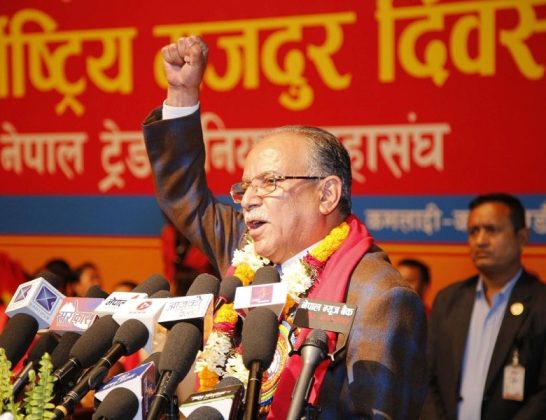
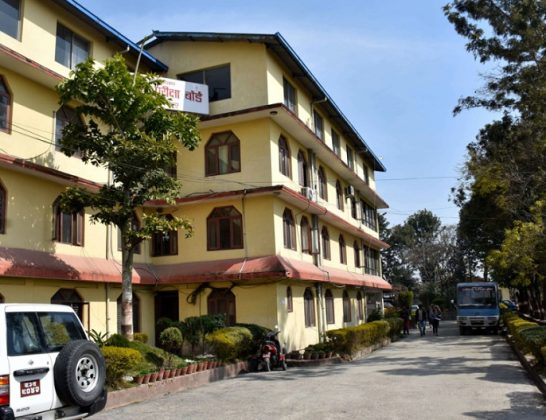
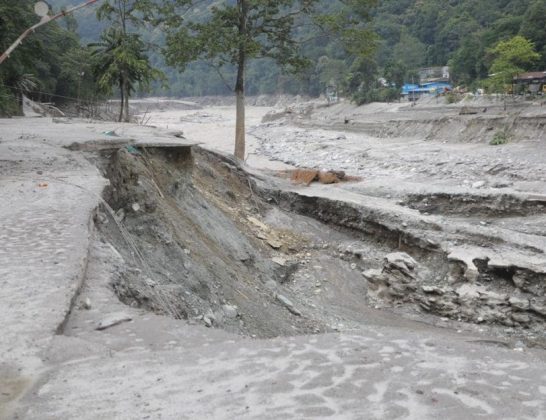
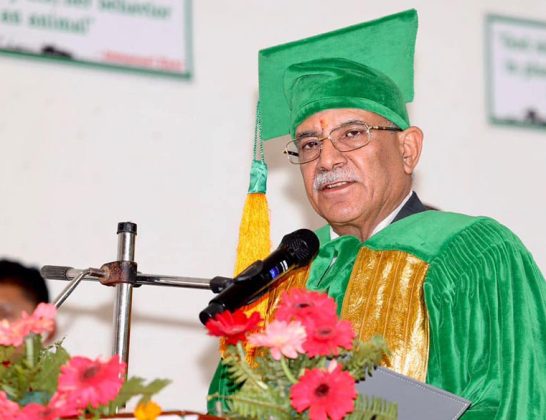


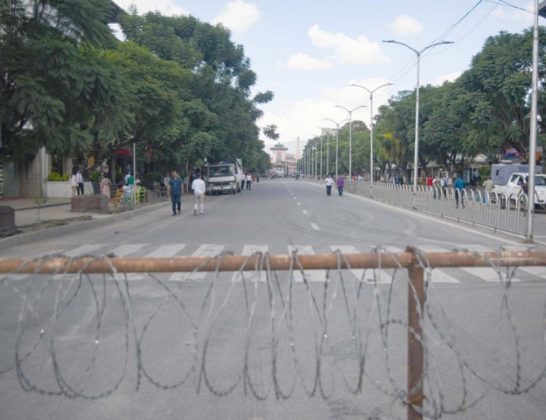

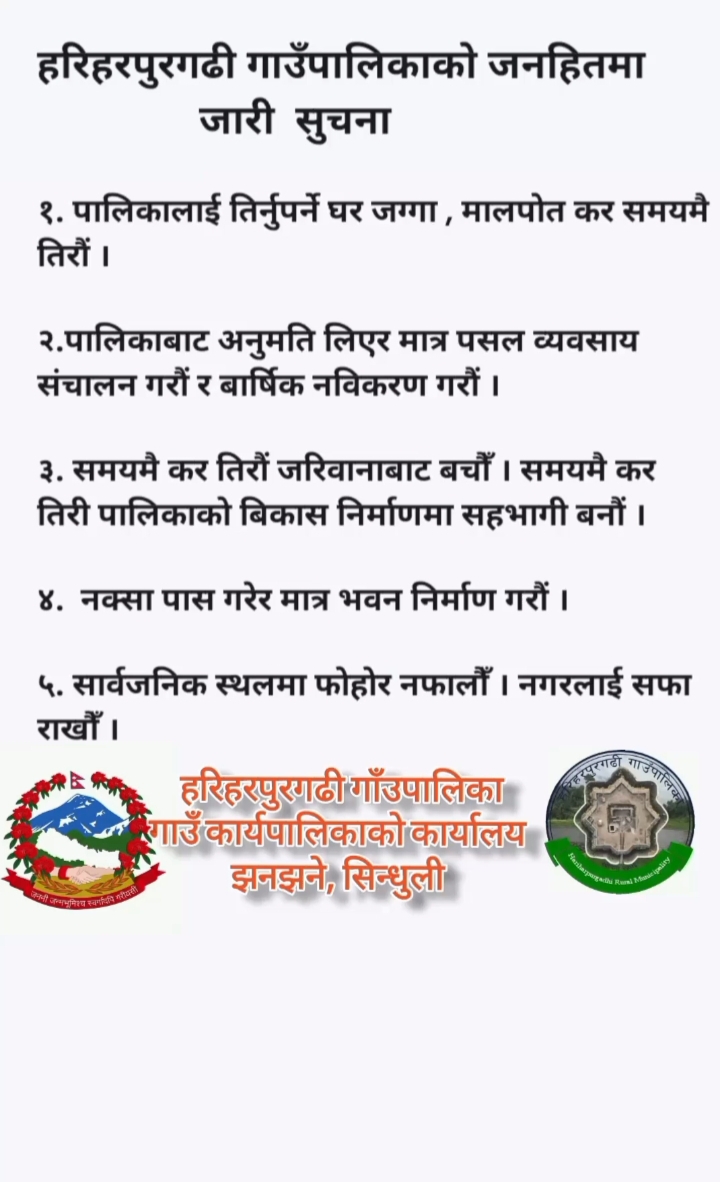
Comments